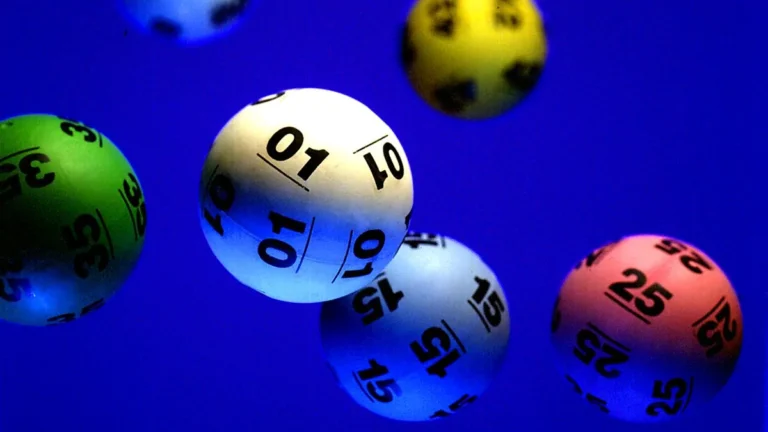When Fantasy Replaces Reality
In my 20s, a sudden illness left me bedbound for months and unable to work for much longer. My world stopped spinning, and I feared losing both my job and my home. During this difficult time, I found myself clinging to an unexpected coping mechanism — the National Lottery. I had my “magic number bowl,” elaborate plans for spending millions, and even made spiritual bargains, promising to donate part of my winnings if fate intervened.
It didn’t take long to realise that this fantasy was doing more harm than good. Each unfulfilled draw deepened my despair. Rather than empowering me, the habit became a subtle way of avoiding the very real emotions of fear and loss I needed to face. Psychologically, I had found my own form of escape — one that echoed what therapists often call “fantasy avoidance.”
The Psychology of Escape Routes
In therapy, we often speak of three major “escape routes” people imagine when overwhelmed: to lose one’s mind, to lash out destructively, or to self-destruct. The common thread among all of them — including the lottery fantasy — is the illusion that one sudden event can erase all of life’s pain. It’s a pattern similar to what’s discussed in Do You Understand the Psychology of Debt?, where people turn to impulsive actions to avoid confronting emotional discomfort.
Studies by the American Psychological Association highlight how gambling, even in mild forms like lotteries, can activate the same dopamine-driven cycles as addiction — promising control in chaotic times, while reinforcing helplessness. For many, it’s not the ticket they crave, but the fleeting hope of freedom it represents.
When Fantasy Becomes the Trap
I once met a young man on welfare who worked as a male escort to afford his lottery spending — hundreds of pounds weekly. His flat had no carpets or furniture, yet his mind was full of luxury daydreams. His world had become entirely psychological, a place where fantasy suffocated action. This mirrors the unhealthy loop explored in Anger, Aggression and Abuse — where unprocessed pain leads to repetitive, self-defeating behavior.
The problem isn’t hope itself but how it’s used. Fantasies like “winning big” can anesthetize us from reality rather than motivate growth. As explored in Authentic Happiness by Martin E.P. Seligman, true resilience emerges not from escaping pain, but from reframing it into purpose and gratitude. Rebuilding a sense of agency — however small — can transform escapism into empowerment.
Reclaiming the Present
Whether your “lottery” is money, fame, or the idea of an easier life, the lesson is the same: the fantasy delays healing. Life’s unpredictability demands engagement, not avoidance. Facing hardship with clarity, courage, and self-compassion restores balance far more effectively than waiting for luck to intervene.


